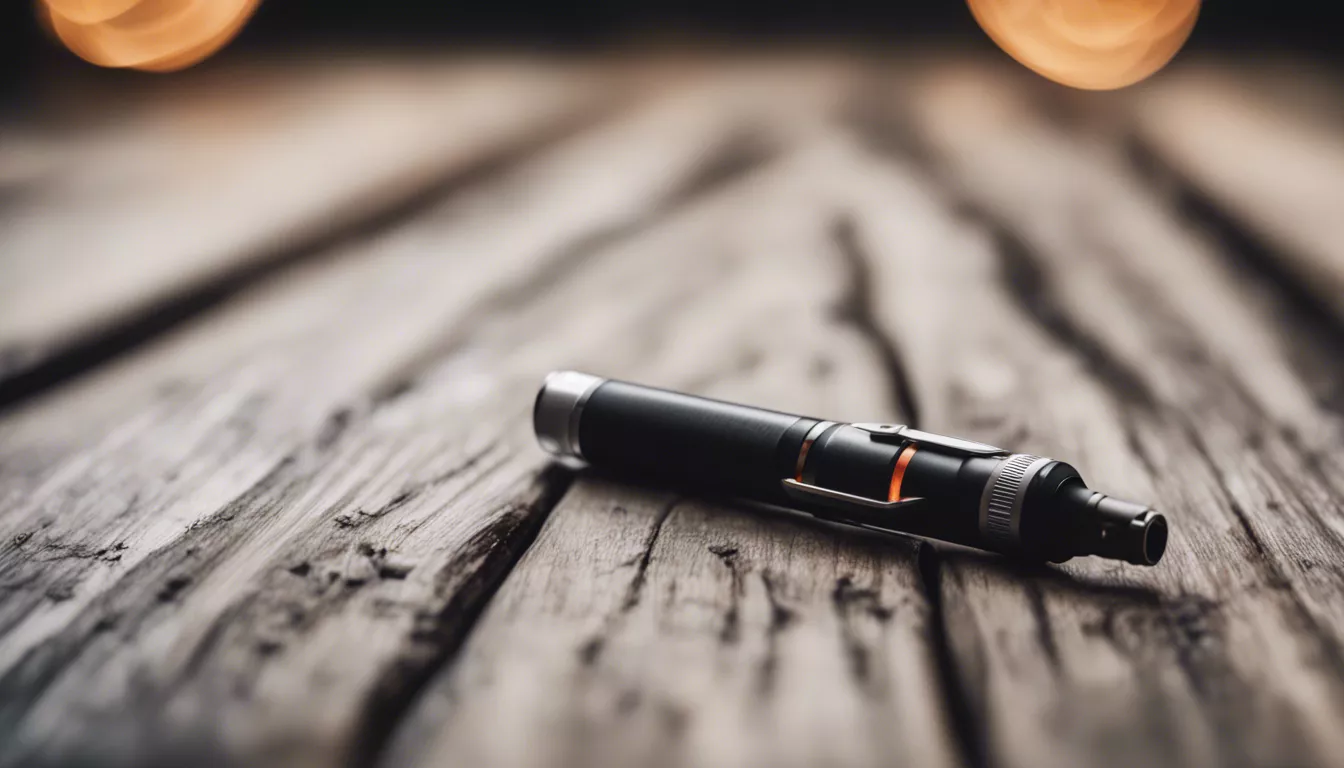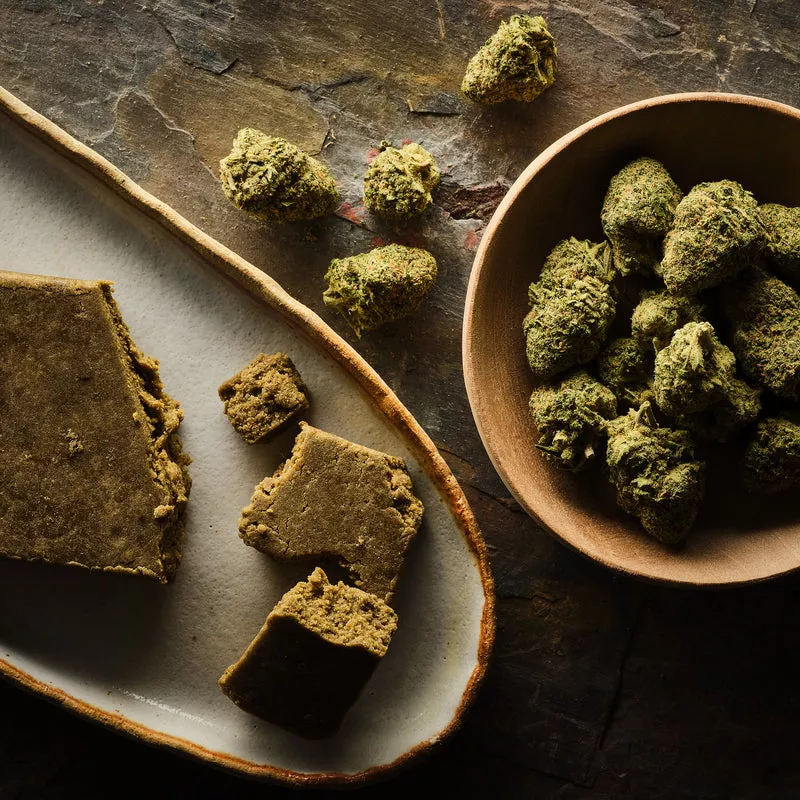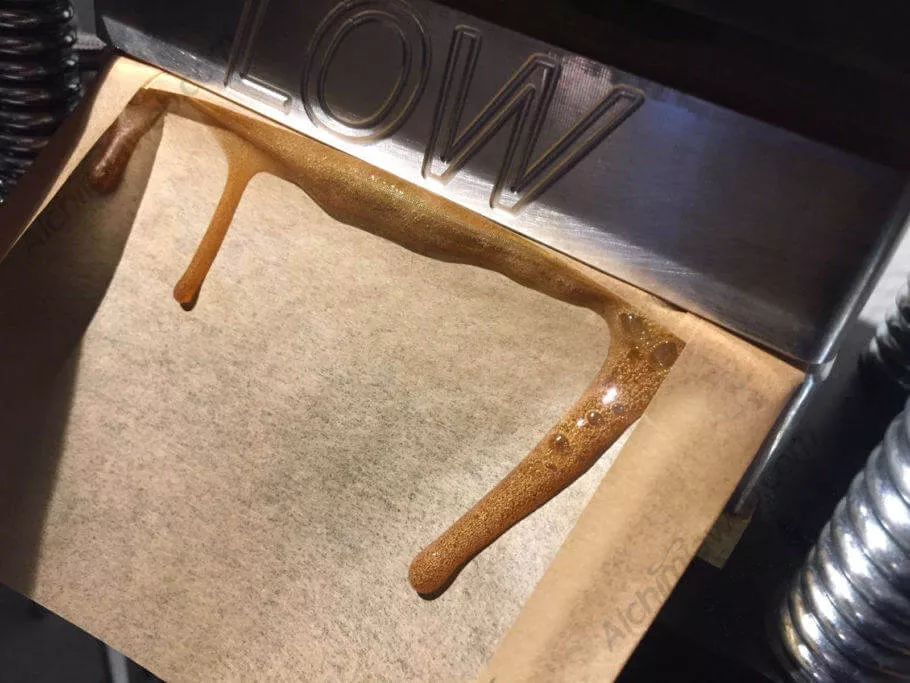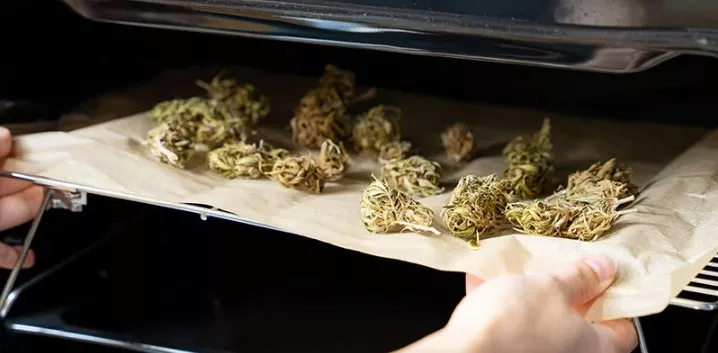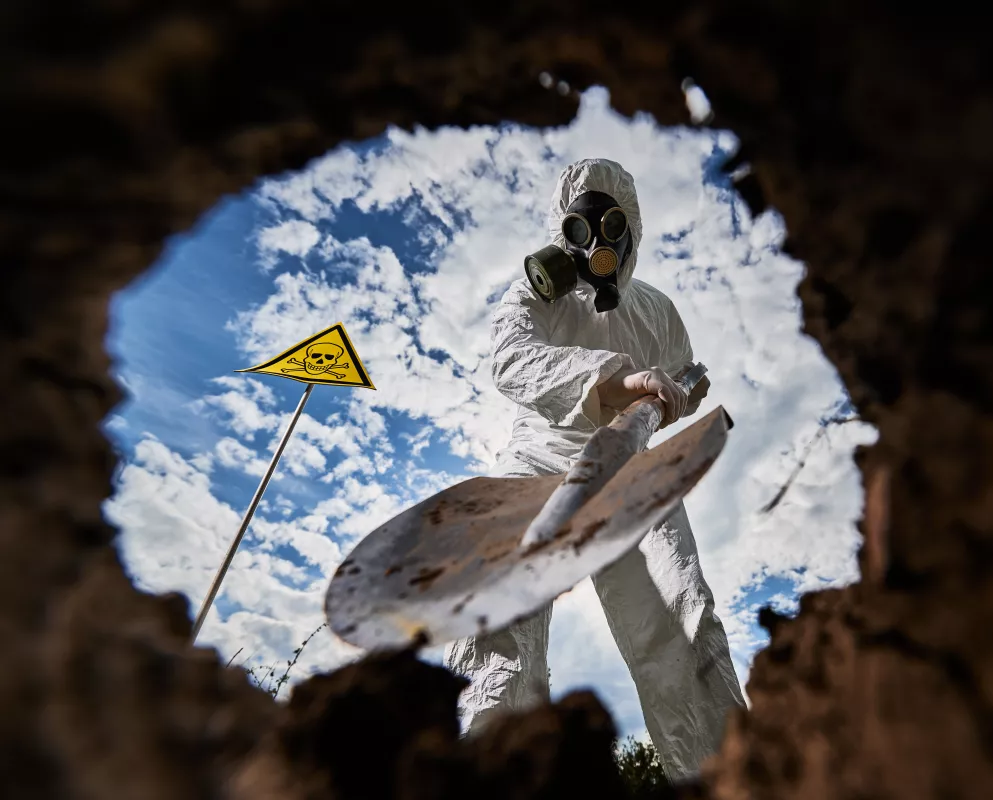- Shop All
- Type
- (158) THC>
- (76) CBD>
- Need
- Sleep>
- (23) Pain>
- (14) Anxiety>
- (6) Pets>
- (93) Edibles
- (16) CBD Edibles>
- (66) THC Edibles>
- (3) Ratio Edibles>
- (40) Hybrid Edibles>
- (97) Vegan>
- (5) Beverages>
- Strain
- (38) Indica>
- (32) Sativa>
- (58) Hybrid>
- (15) Tinctures
- (5) Anxiety Tinctures>
- (9) CBD Tincture>
- (1) Pain Tincture>
- (4) Ratio Tincture>
- (4) Sleep Tincture>
- (4) THC Tincture>
- (4) Capsules
- (1) CBD Capsules>
- (0) THC Capsules>
- (3) Ratio Capsules>
- Foggers
THCA
Alana RossiAugust 19, 2023LatestTHCA, short for tetrahydrocannabinolic acid, is the abundant but non-psychoactive precursor form of THC naturally found in raw, living cannabis plants before any heating or curing occurs. Without decarboxylation to remove the acid group, THCA does not cause any intoxicating effects. However, it readily converts into the more familiar mind-altering THC compound through heat, combustion, UV light exposure or slow degradation over time. Maintaining elevated THCA levels alongside decarboxylated THC seems to offer valuable supplemental health benefits. Emerging research indicates THCA possesses compelling anti-inflammatory, neuroprotective, anti-nausea, and antioxidant properties. By juicing or blending raw cannabis leaves and flowers, patients can realize therapeutic effects from THCA's contributions without enduring the sometimes unwanted psychotropic side effects of THC. However, convenient access to affordable fresh plant material remains severely limited in most areas where cannabis stays federally prohibited. Nonetheless, understanding THCA's distinct utility apart from THC presents exciting opportunities.
0/5 (0 Reviews)Latestfrom B+FBe the first to know about exciting new products, special events, seasonal offers, and much moreOur Collective
Wellness to your doorstepCopyright © 2024 All Rights Reserved | BIRCH + FOG[gtranslate]Save your cart?
x

